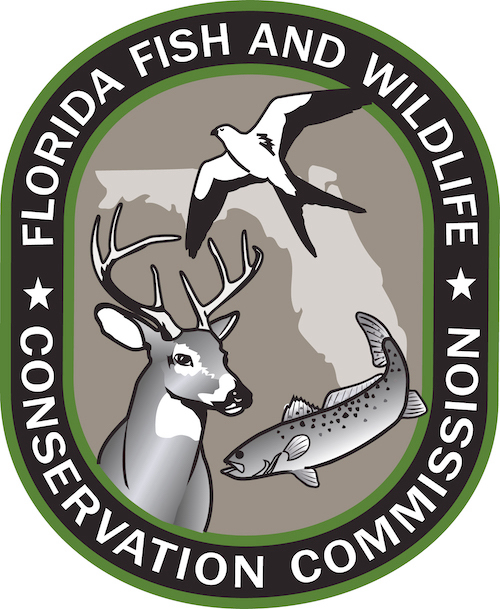
|
The Florida Fish and Wildlife Conservation Commission (FWC) is sharing the reminder that Florida’s black bears are more active in the fall as they search for food before winter. Following BearWise® practices such as securing garbage and removing food attractants can help prevent conflicts with bears, as well as with other wildlife.
Bears start consuming more calories in the fall to store up fat reserves for the winter, even here in Florida. This seasonal need to increase fat reserves results in more activity from bears while in search of food. An adult bear needs to consume up to 20,000 calories a day during the fall. When given the opportunity, hungry bears will take advantage of easily accessible food sources from unsecured garbage, pet food and even bird seed from bird feeders.
“Bears are opportunistic eaters with very strong senses of smell. To prevent bears from associating your yard or neighborhood with a free meal, remove any attractants such as unsecured trash or bird seed,” said Mike Orlando, FWC Bear Management Program Coordinator. “When bears can’t find food, they’ll move on.”
To help prevent conflicts with bears, follow these six easy BearWise Basics:
1: Never feed or approach bears
2: Secure food and garbage
3: Remove or secure bird feeders
4: Never leave pet food outdoors
5: Clean and store grills
6: Alert neighbors to bear activity
While black bears generally are not aggressive, they can injure people and pets. Female bears with cubs can be particularly defensive and protective of their offspring. Dogs can trigger from bears; 60% of incidents where bears injured people in Florida involved dogs. When walking dogs, keep them close to you – preferably on a non-retractable leash – and be aware of your surroundings. Before letting your dog out at night, flip lights on and off and bang on the door to give bears and other wildlife a chance to flee.
As bears increase their movements in search of food this time of year, they also increase the number of roads they cross. For the safety of yourself and bears, remember to slow down when driving, particularly on rural highways at dawn or dusk. Watch for road signage identifying known bear crossing areas.
Having conflicts with bears? Call one of the FWC’s five regional offices to speak with staff about specifics of the situation to help resolve any conflicts. Go to MyFWC.com/Contact and click on “Contact Regional Offices” to find the phone number for your region. If you spot an injured, orphaned or dead bear, feel threatened by a bear, or to report someone who is either harming bears or intentionally feeding them, call the FWC’s Wildlife Alert Hotline at 888-404-FWCC (3922).
More information is available at MyFWC.com/Bear, where you can access the “Guide to Living in Bear Country” brochure. Find additional ways to be BearWise at BearWise.org. Help us help bears and other wildlife by purchasing the Conserve Wildlife tag at WildlifeFlorida.org/CWT.